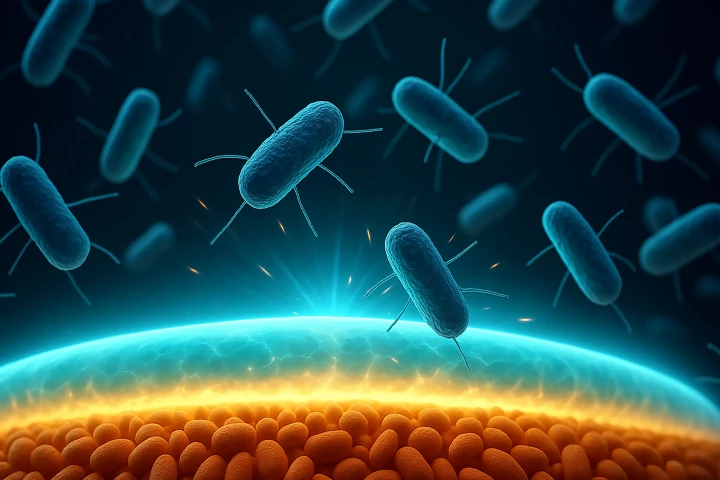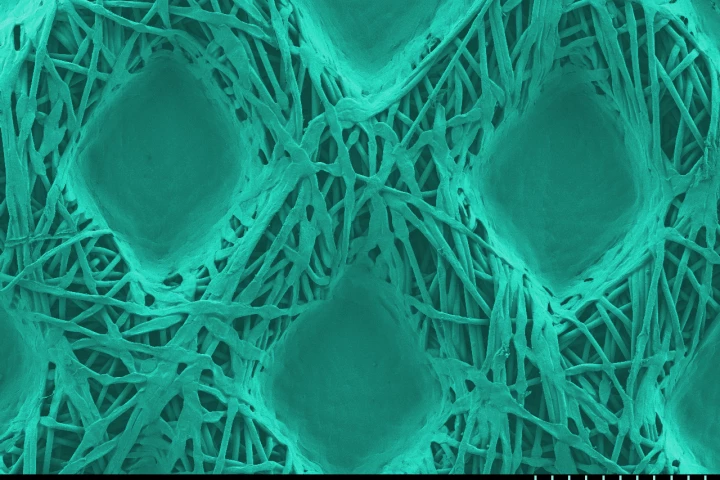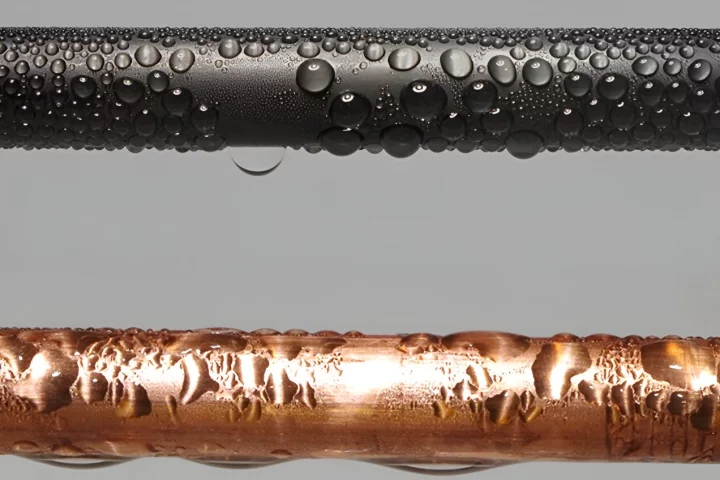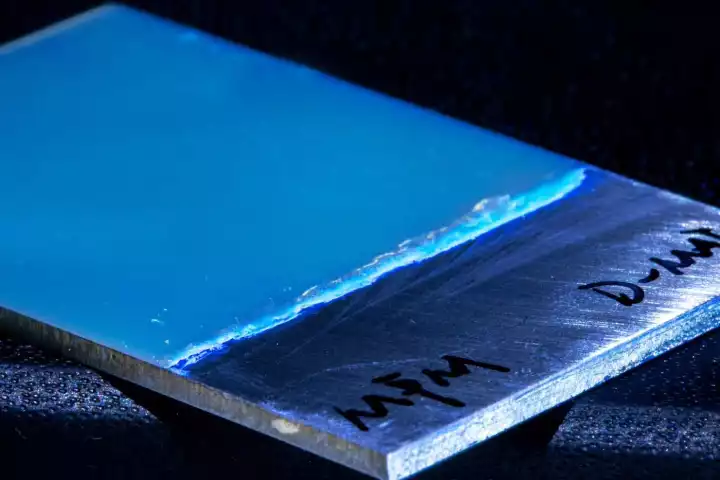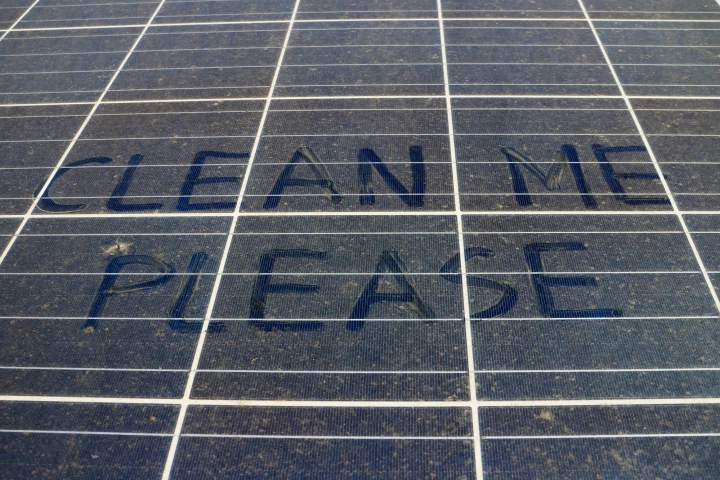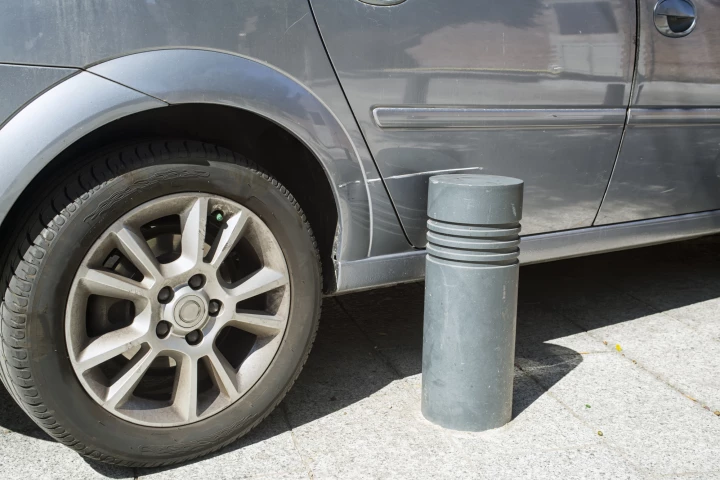Coating
-
Researchers have developed a new method for preventing bacteria from adhering to surfaces, such as medical devices. It relies on the unique properties of resilin, a natural insect protein that enables fleas to jump hundreds of times their body length.
-
Cranking up the air conditioner keeps buildings cool, but it guzzles energy. Passive materials can regulate temperatures more efficiently, and now scientists have developed a new coating that keeps glass much cooler, while still being transparent.
-
Nissan has demonstrated a new automotive paint that can drastically cool a vehicle parked in direct sunshine. Tests have shown that treated cars stay up to 21.6 °F (12 °C) cooler than untreated cars parked side by side.
-
Scraping ice off your car window might get a lot easier in the future thanks to a new spray coating developed by scientists in Austria. That's because of the way the molecules line up – or don't – during its high-tech creation process.
-
Hospitals are meant to heal people, but patients often pick up superbugs during their stay. Scientists have now developed long-lasting antimicrobial coatings for textiles that could allow hospital curtains to quickly kill viruses and bacteria.
-
Weaning the world off fossil fuels will take time, so finding ways to make energy generation more efficient is still important. A new coating for steam condenser pipes could, if rolled out widely, add more than a Russia’s worth of extra power per year.
-
Perovskite is quickly gaining on silicon in the solar cell field, but it has one major drawback – durability. Now, a new treatment has been shown to keep perovskite solar cells working at 99% of their efficiency after 1,000 hours of use.
-
It may be delicious and healthy, but fruit is frustratingly fickle, often going bad quickly in the fridge. Now, researchers in Thailand have developed an invisible, edible coating made with cannabidiol (CBD) that can preserve fruit for much longer.
-
Bacteria often get a bad rap, but in many cases they’re helpful little critters. Engineers have now developed a protective coating for buildings that’s loaded with bacteria, which absorb CO2 to produce a barrier against erosion by the elements.
-
A versatile new material helps in the ongoing battle against corrosion. The polymer coating not only protects against corrosion, but highlights cracks as they form, automatically repairs damage to itself, and can be recycled at the end of its life.
-
Solar panels can’t operate efficiently if they’re caked in dirt, but cleaning them regularly can be a time-consuming process. Engineers in Germany have now developed an ultra-thin coating that can make solar panels and other surfaces self-cleaning.
-
Finding a scratch on your car is a special kind of heartbreak, but in the future they might be gone before you even notice. Scientists in Korea have developed a coating that self-heals scratches in as little as 30 minutes when exposed to sunlight.
Load More
